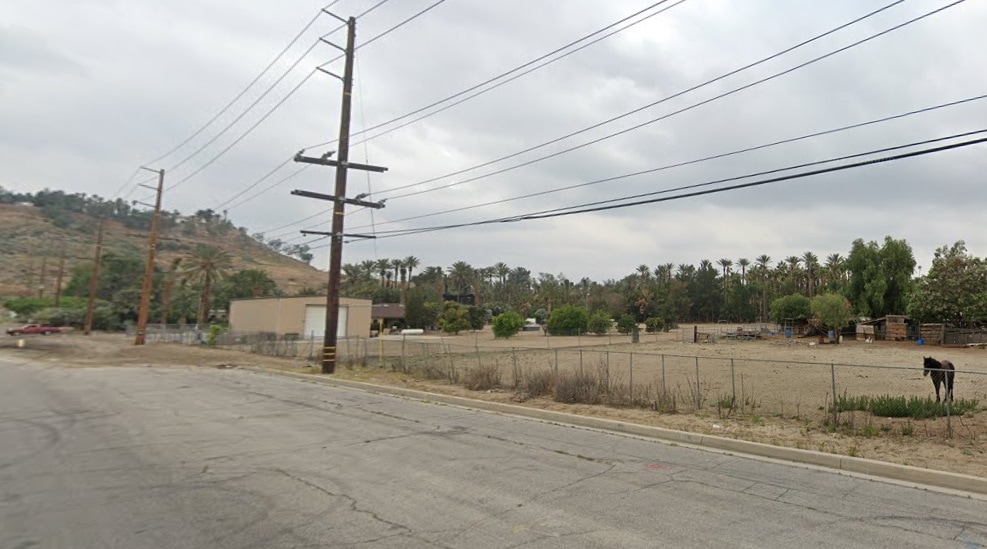Four environmental groups jointly sued San Bernardino County Dec. 16 to block the construction of a Bloomington warehouse complex. The groups claim the county failed to consider the impacts of increased truck traffic when it approved the construction, in violation of the California Environmental Quality Act. The county denied the charge.
“The County’s process was compliant with CEQA. The County will examine the lawsuit and take appropriate action,” wrote Felisa Cardona, San Bernardino County deputy public information officer, in an email.
Tim Howard of Howard Industrial Partners is leading the project. Howard declined to comment on the pending litigation.
The project
The








